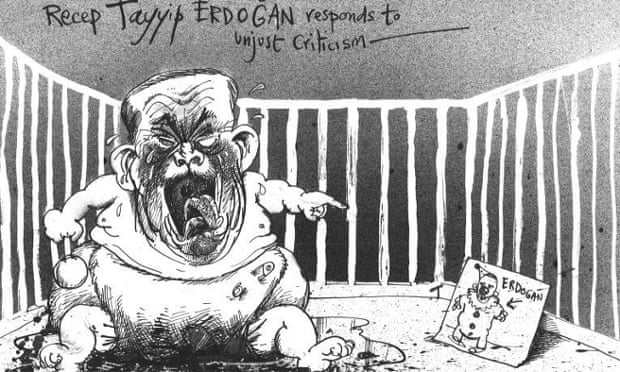Europe just took an extraordinary vote, refusing to grant Monsanto a
license for its main product and cornerstone of its empire - the
cancer-linked weed killer glyphosate.
 Monsanto thought renewal of glyphosate was a done deal. But now, after over 2 million of us joined the biggest global petition
against glyphosate ever and massive targeted public pressure, the
future of the Monsanto model is more in question than ever before.
Monsanto thought renewal of glyphosate was a done deal. But now, after over 2 million of us joined the biggest global petition
against glyphosate ever and massive targeted public pressure, the
future of the Monsanto model is more in question than ever before.
Together we forced this from a formality for a new 15-year license into a heated political debate that ended up as a vote on an 18-month emergency extension. This week, European nations rejected even that.
Leading EU parliamentarian Pavel Poc just said: “Avaaz is indisputably the driving force of the fight for glyphosate discontinuance." Here’s what we have done together to make what seemed impossible, possible:
When it came down to the final vote, all our work paid off - leaders representing half the EU population refused to authorise glyphosate, even for the trimmed down 18-month proposal we had helped reduce the license to!
All of this effort was funded by over 86,000 Avaazers worldwide who donated generously to make this campaign mega.
Throughout this fight, Avaaz was joined by great allies and partners who played invaluable roles. Our view is only partial, but here’s our top list to express gratitude to:
EU-Digest supports Avaaz and recommends AVAAZ - a global web movement to bring people-powered politics to decision-making everywhere
Read more: Avaaz - Glyphosate -- Crushed it!!
Together we forced this from a formality for a new 15-year license into a heated political debate that ended up as a vote on an 18-month emergency extension. This week, European nations rejected even that.
Leading EU parliamentarian Pavel Poc just said: “Avaaz is indisputably the driving force of the fight for glyphosate discontinuance." Here’s what we have done together to make what seemed impossible, possible:
When it came down to the final vote, all our work paid off - leaders representing half the EU population refused to authorise glyphosate, even for the trimmed down 18-month proposal we had helped reduce the license to!
All of this effort was funded by over 86,000 Avaazers worldwide who donated generously to make this campaign mega.
Throughout this fight, Avaaz was joined by great allies and partners who played invaluable roles. Our view is only partial, but here’s our top list to express gratitude to:
- The Socialists and Democrats, and Green parties in the EU Parliament were crucial in this fight. Particularly Bart Staes and Pavel Poc who were instrumental.
- French Environment Minister Ségolène Royal, who was a central leader in this fight.
- Pesticide Action Network, a great coalition of national action networks that has long campaigned on glyphosate and provided great advice and insight to Avaaz.
- Greenpeace, always a wonderful force on these issues, which did a lot of lobbying and media work on glyphosate.
- Campact ran a brilliant campaign in Germany, and matched massive open letters, polling and bird-dogging to play a key role in flipping the German government on glyphosate.
- And many others! Like HEAL, WeMove.eu, Global 2000, and a great coalition of Italian NGOs on this.
EU-Digest supports Avaaz and recommends AVAAZ - a global web movement to bring people-powered politics to decision-making everywhere
Read more: Avaaz - Glyphosate -- Crushed it!!



